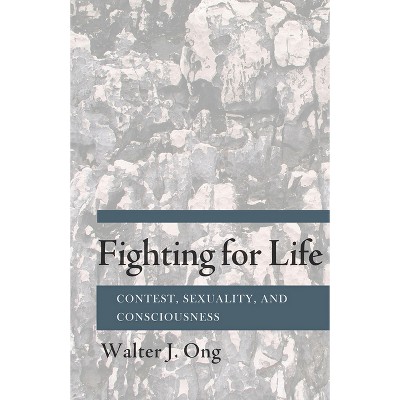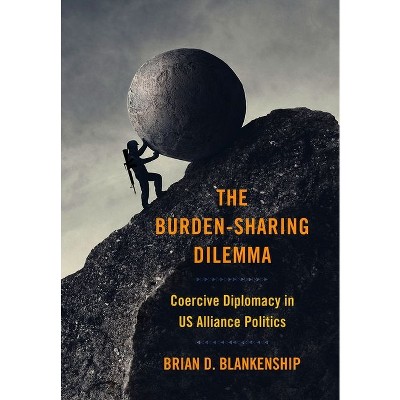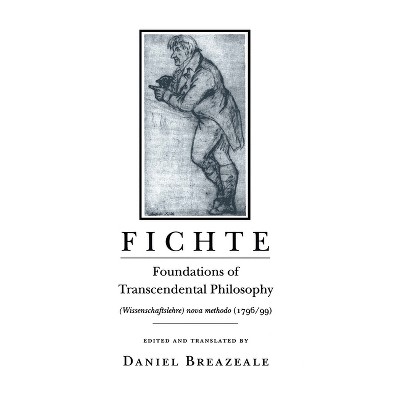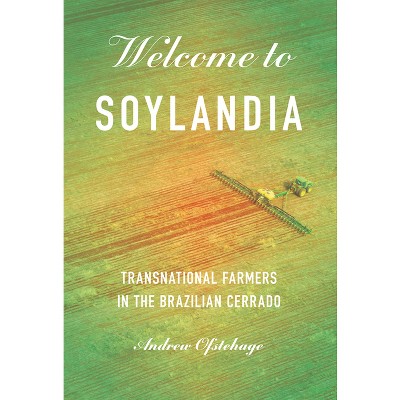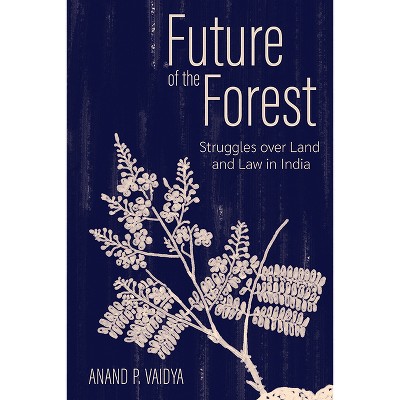About this item
Highlights
- The Counterhuman Imaginary proposes that alongside the historical, social, and institutional structures of human reality that seem to be the sole subject of the literary text, an other-than-human world is everywhere in evidence.
- About the Author: Laura Brown is the John Wendell Anderson Professor of English at Cornell University.
- 162 Pages
- Philosophy, Movements
Description
About the Book
"Studies works by Daniel Defoe, Jonathan Swift, and Alexander Pope, as well as lapdog lyrics, circulation narratives, and the poetry of the Lisbon earthquake to discover the counterintuitive, "counterhuman" forces of the realms of the other-than-human that lie beyond the simple control of the human imagination"--Book Synopsis
The Counterhuman Imaginary proposes that alongside the historical, social, and institutional structures of human reality that seem to be the sole subject of the literary text, an other-than-human world is everywhere in evidence. Laura Brown finds that within eighteenth-century British literature, the human cultural imaginary can be seen, equally, as a counterhuman imaginary--an alternative realm whose scope and terms exceed human understanding or order.
Through close readings of works by Daniel Defoe, Jonathan Swift, and Alexander Pope, along with lapdog lyrics, circulation narratives that give agency to inanimate objects like coins and carriages, and poetry about the Lisbon earthquake of 1755, Brown traces the ways presence and power of the nonhuman--weather, natural disasters, animals, even the concept of love--not only influence human creativity, subjectivity, and history but are inseparable from them. Traversing literary theory, animal studies, new materialism, ecocriticism, and affect theory, The Counterhuman Imaginary offers an original repudiation of the centrality of the human to advance an integrative new methodology for reading chaos, fluidity, force, and impossibility in literary culture.
About the Author
Laura Brown is the John Wendell Anderson Professor of English at Cornell University. She is the author of Fables of Modernity, Ends of Empire, Alexander Pope, English Dramatic Form, 1660-1750, and Homeless Dogs and Melancholy Apes.
Shipping details
Return details
Trending Poetry







